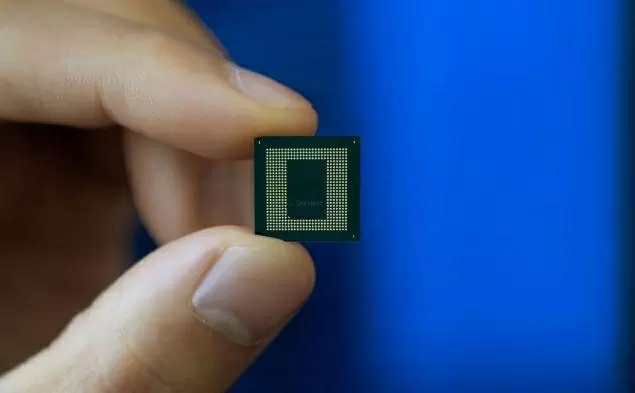Qualcomm chips dominate in Android devices above $300
New Delhi
21-March-2022

Photo: IANS
Qualcomm has dominated the mid-range and premium flagship market with around 50 per cent market share across all price brackets above $300.
"Qualcomm struggled with a tight supply throughout the year for its mid-tier solutions. The shift in focus away from 4G SoCs also didn't help. However, in the high value $300+ segment, Qualcomm continued to dominate with its Snapdragon 7 and 8 series," the report noted.
MediaTek's growth came from smartphones priced less than $299 (wholesale price). MediaTek's growth was driven by both LTE and 5G SoCs across this price band.
In Android smartphones in the $100-$299 price band, MediaTek dominated the market with a 52 per cent share. This is where the Dimensity 700 and 800 drove the mass-market adoption of 5G smartphones in markets such as China, India and parts of the US and Europe. This allowed brands such as realme, Xiaomi, OPPO and vivo to launch 5G phones at price points below the $200 retail price.
The Dimensity 1100/1200 helped MediaTek increase share in the $300-$499 price band, where it captured a 24 per cent volume share in 2021, compared to 6 per cent in 2020.
Further, with the launch of the Dimensity 8100/8000, it is looking to strengthen its position in the $300-$499 price band.
Watch This TWL Video
Meanwhile, Qualcomm's next-generation flagship processor, the Snapdragon 8 Gen 2, will reportedly support AV1 decoding.
The chip's internal codename is SM8550, which matches the codenames of other Snapdragon 8-series chipsets. SM8450 for the Snapdragon 8 Gen 1, SM8350 for the Snapdragon 888, and so on.
AV1, or 'AOMedia Video 1,' is an open, royalty-free coding format designed for transmitting video over the Internet.
Qualcomm's current chips don't support native decoding of AV1 videos, unlike Samsung's Exynos flagship SoCs from 2021 and 2022. - IANS
More Headlines
Air India Faces Backlash as Elderly Passenger Denied Wheelchair Falls, Lands in ICU
Shiv Nadar Transfers 47% Stake in HCL Promoter Firms to Daughter Roshni
Telangana Cabinet decides to develop Future City on 30,000 acre
International Women's Day: Man in Bihar educates seven daughters, all serving the nation
TN lawyer files PIL in SC on NEP implementation in three states
Air India Faces Backlash as Elderly Passenger Denied Wheelchair Falls, Lands in ICU
Shiv Nadar Transfers 47% Stake in HCL Promoter Firms to Daughter Roshni
Telangana Cabinet decides to develop Future City on 30,000 acre
International Women's Day: Man in Bihar educates seven daughters, all serving the nation
TN lawyer files PIL in SC on NEP implementation in three states










